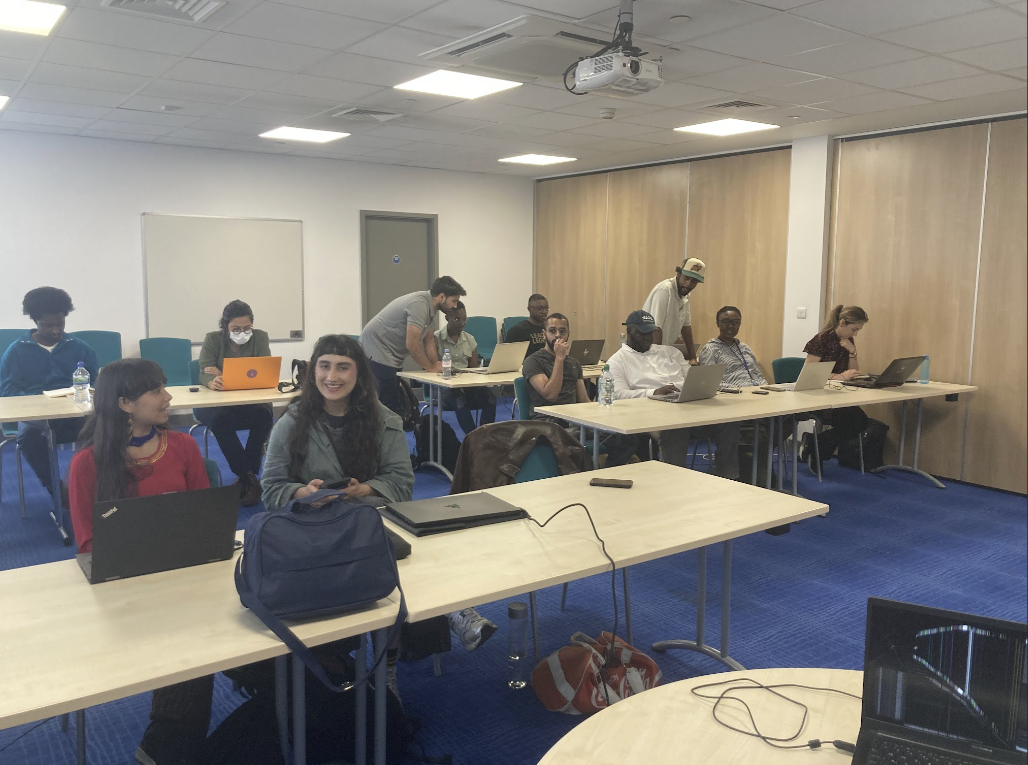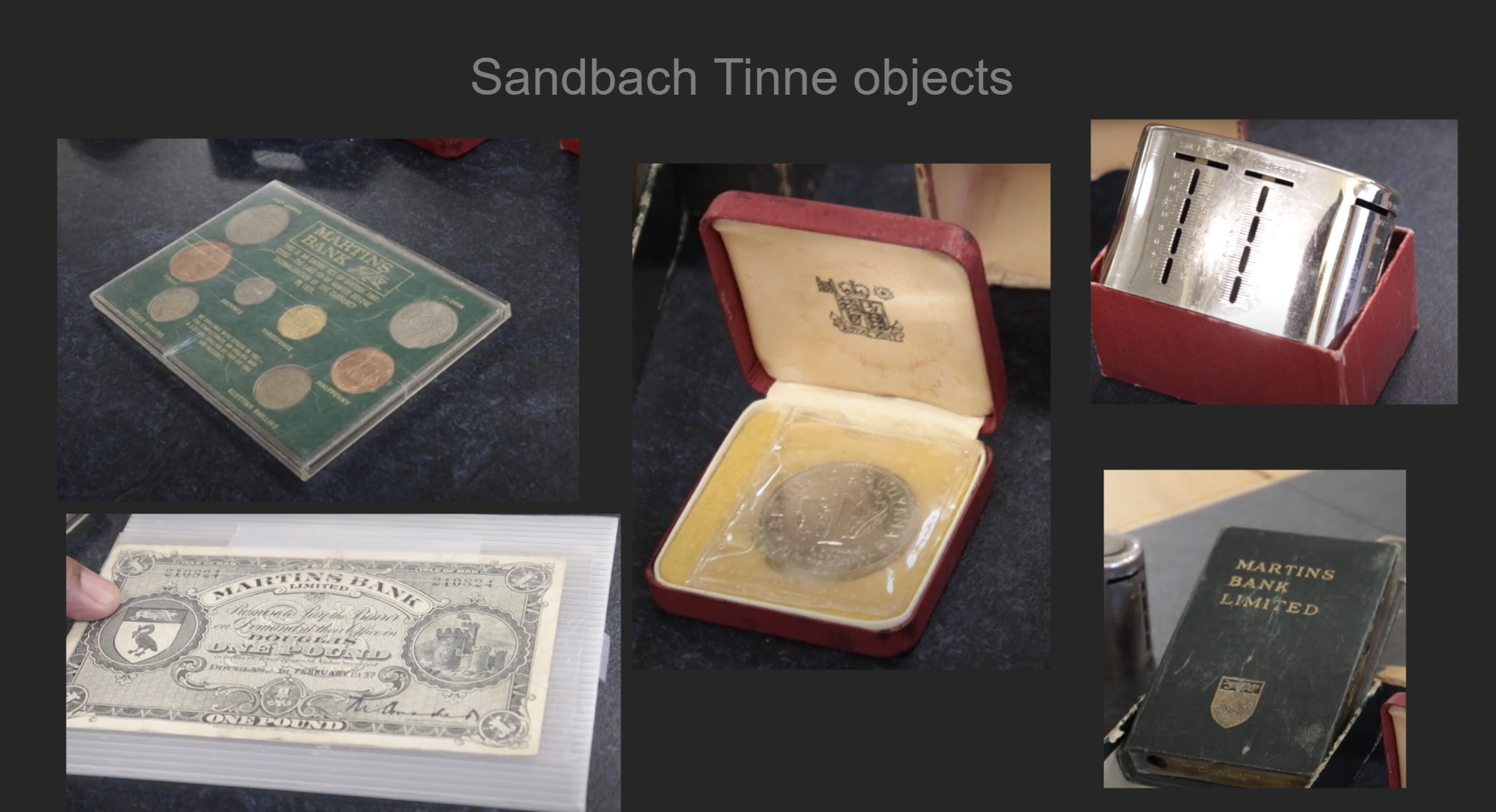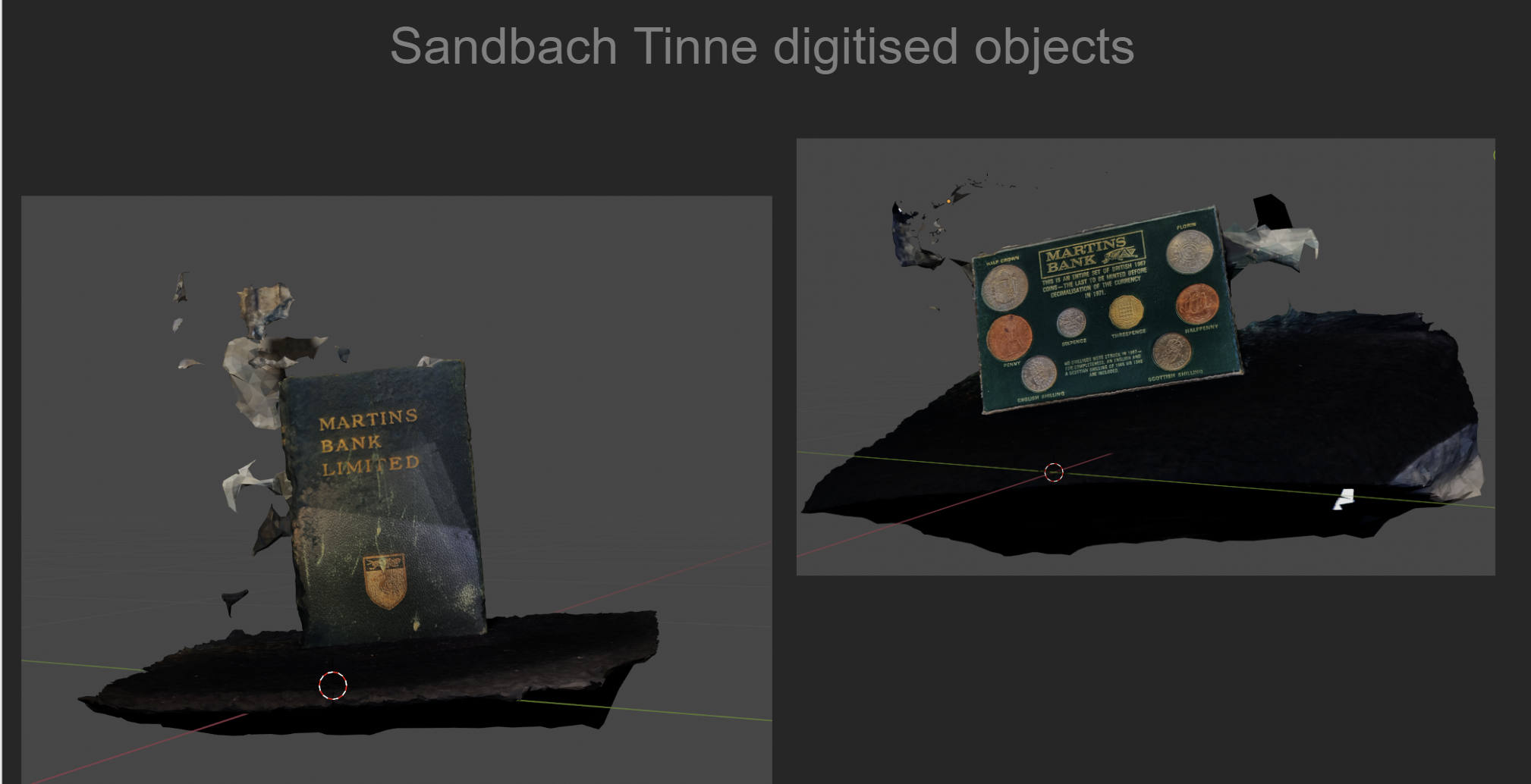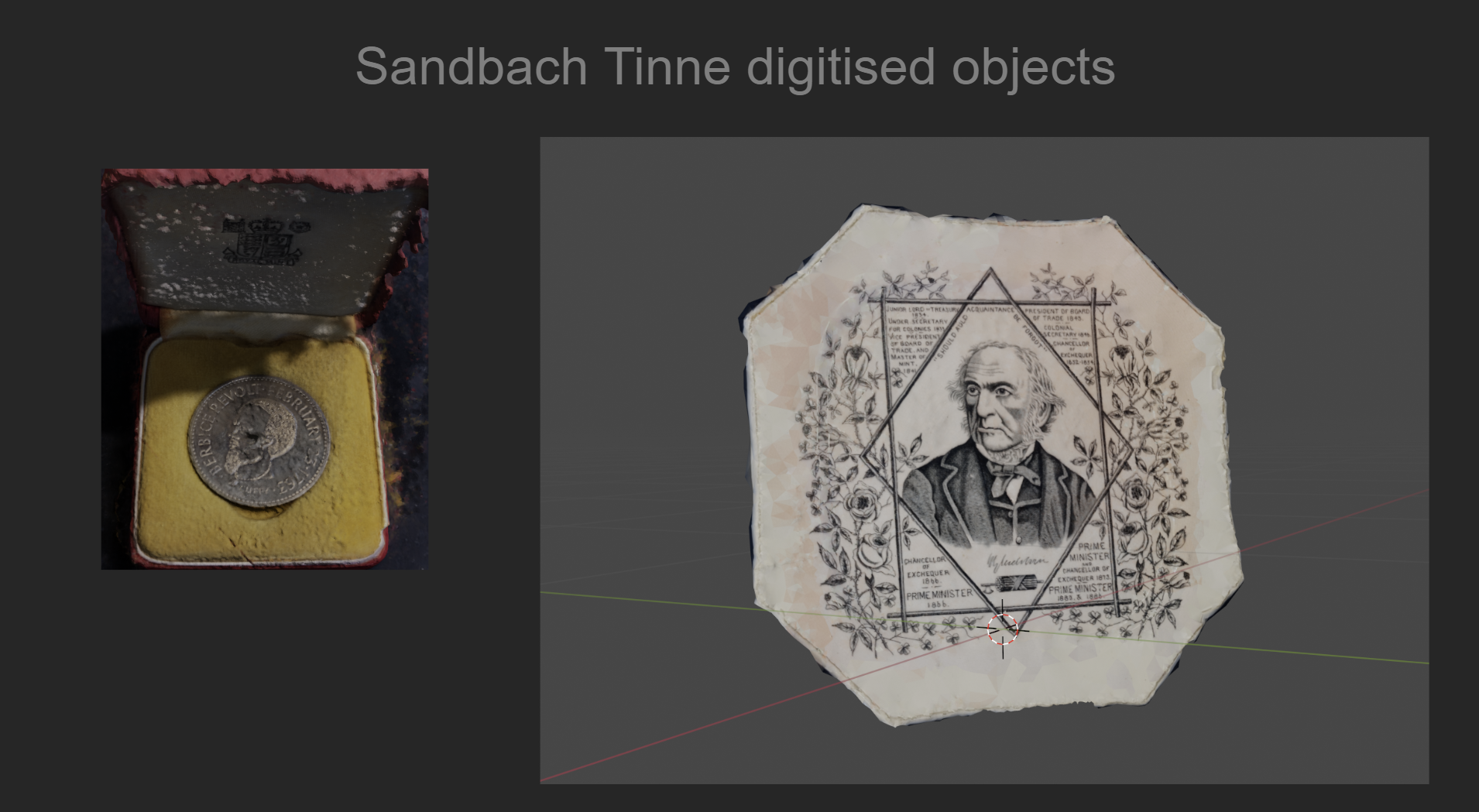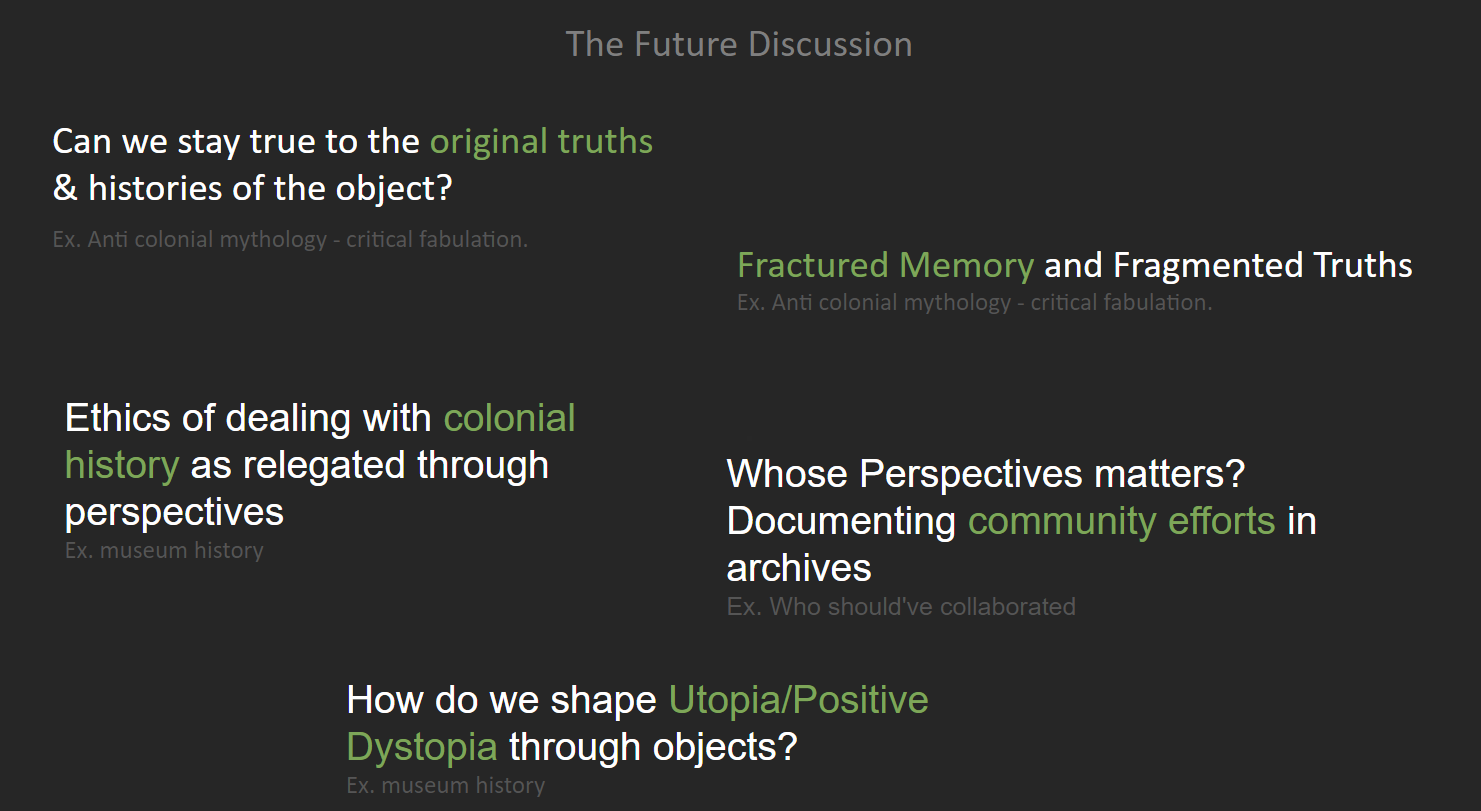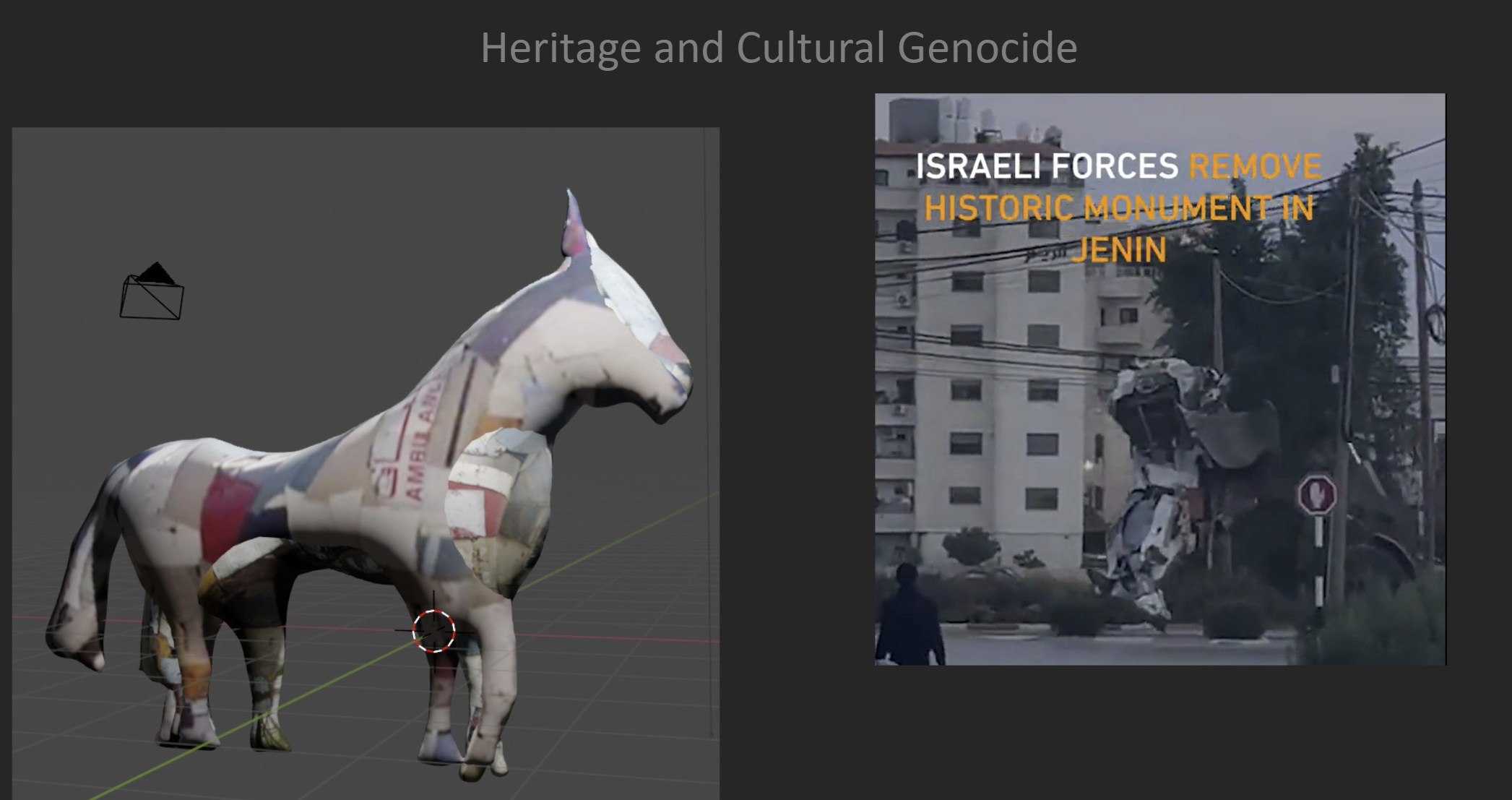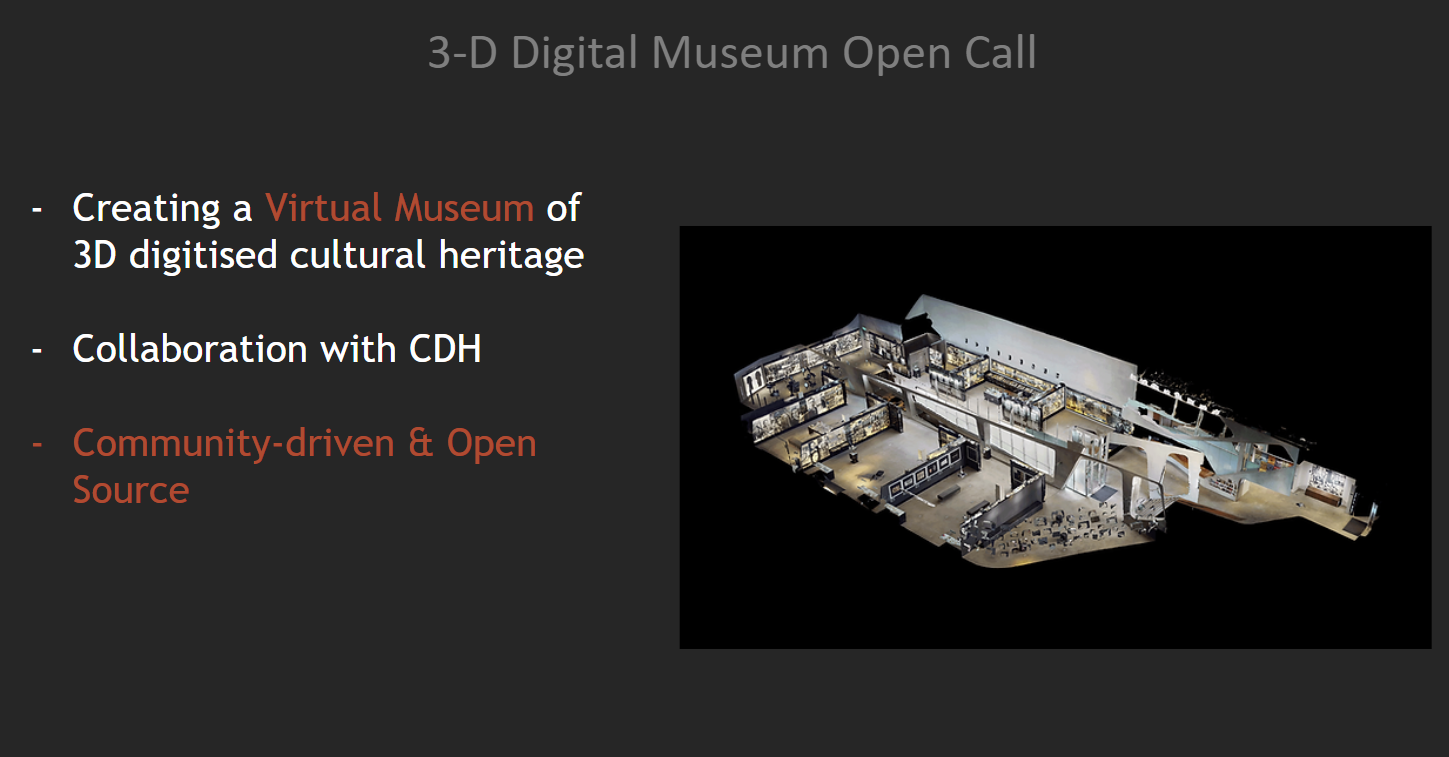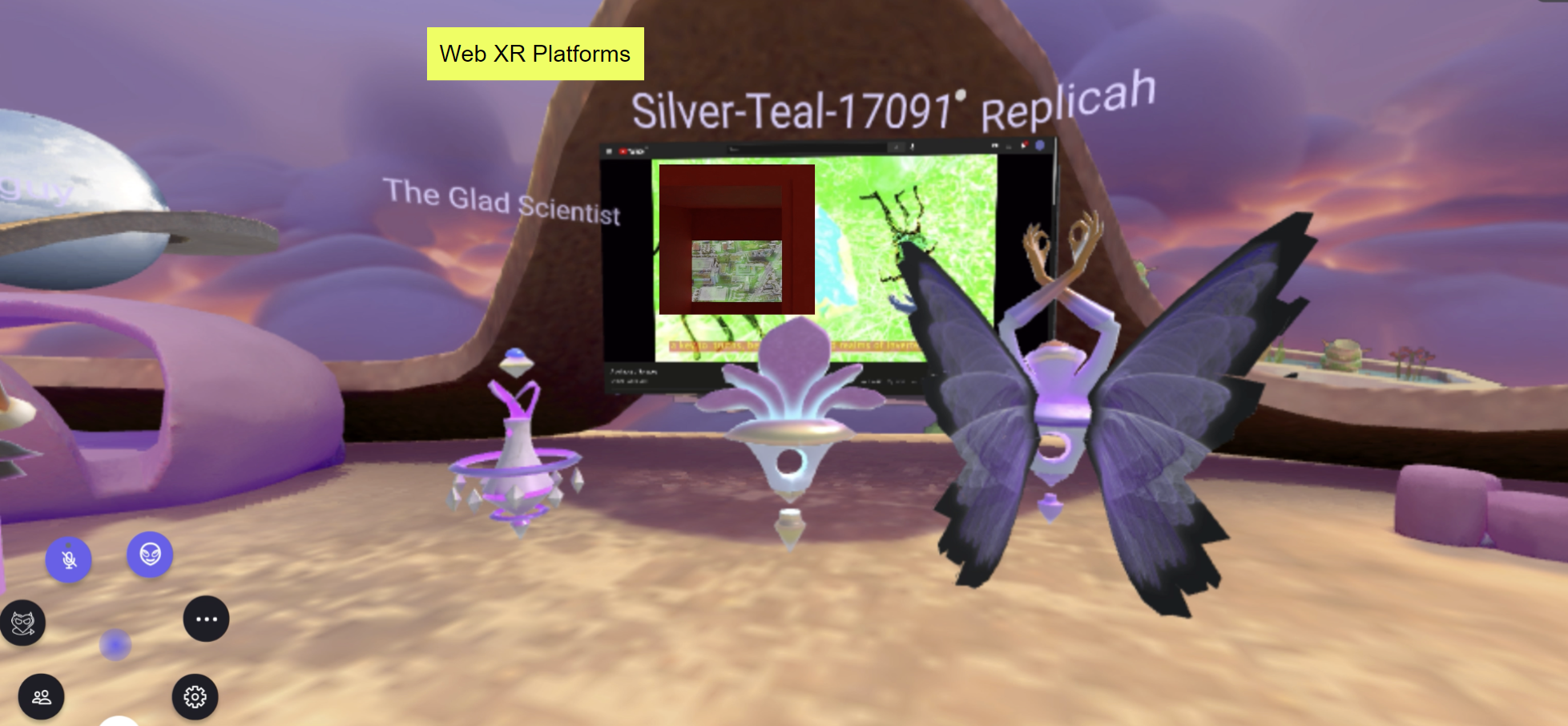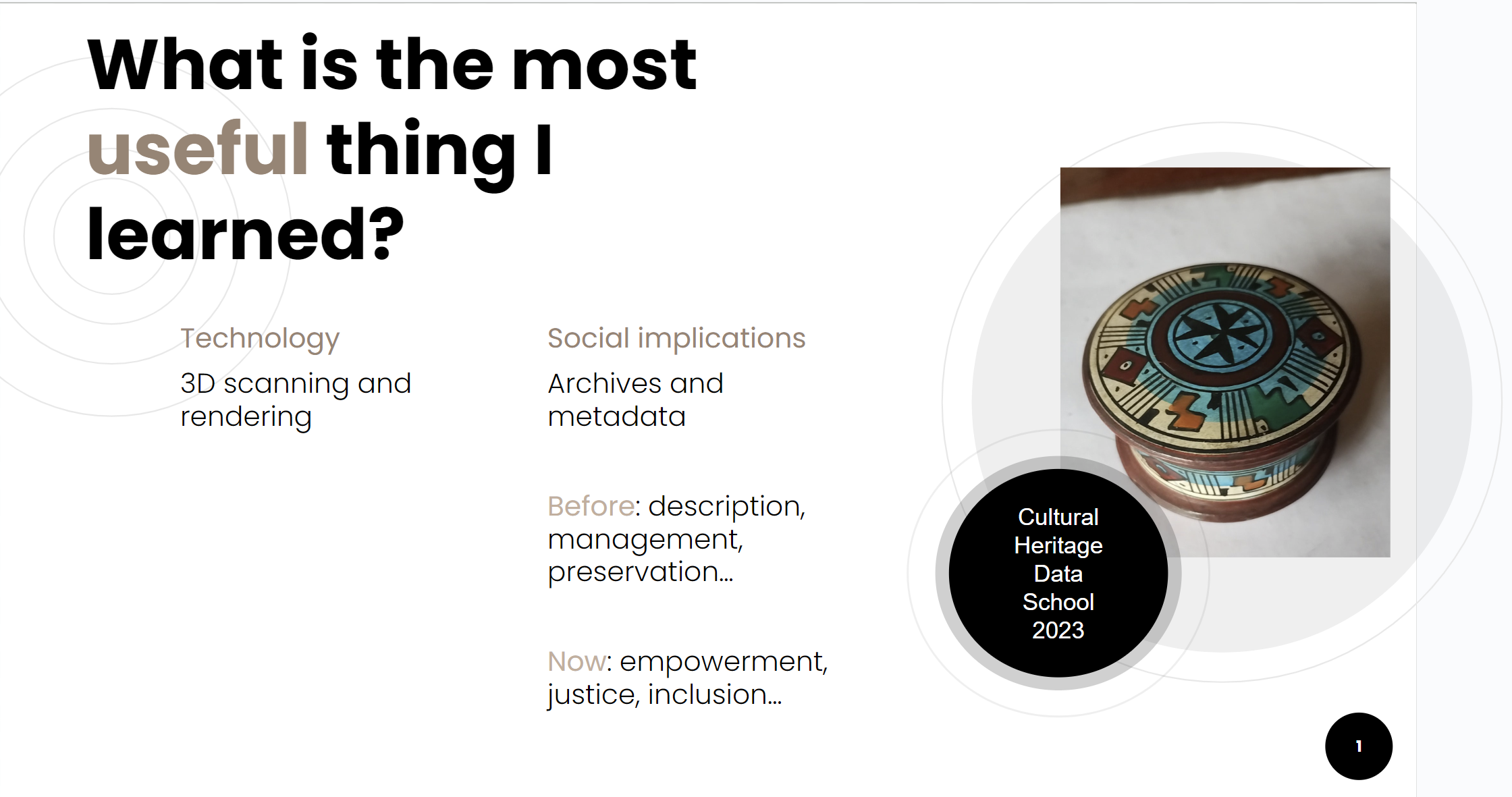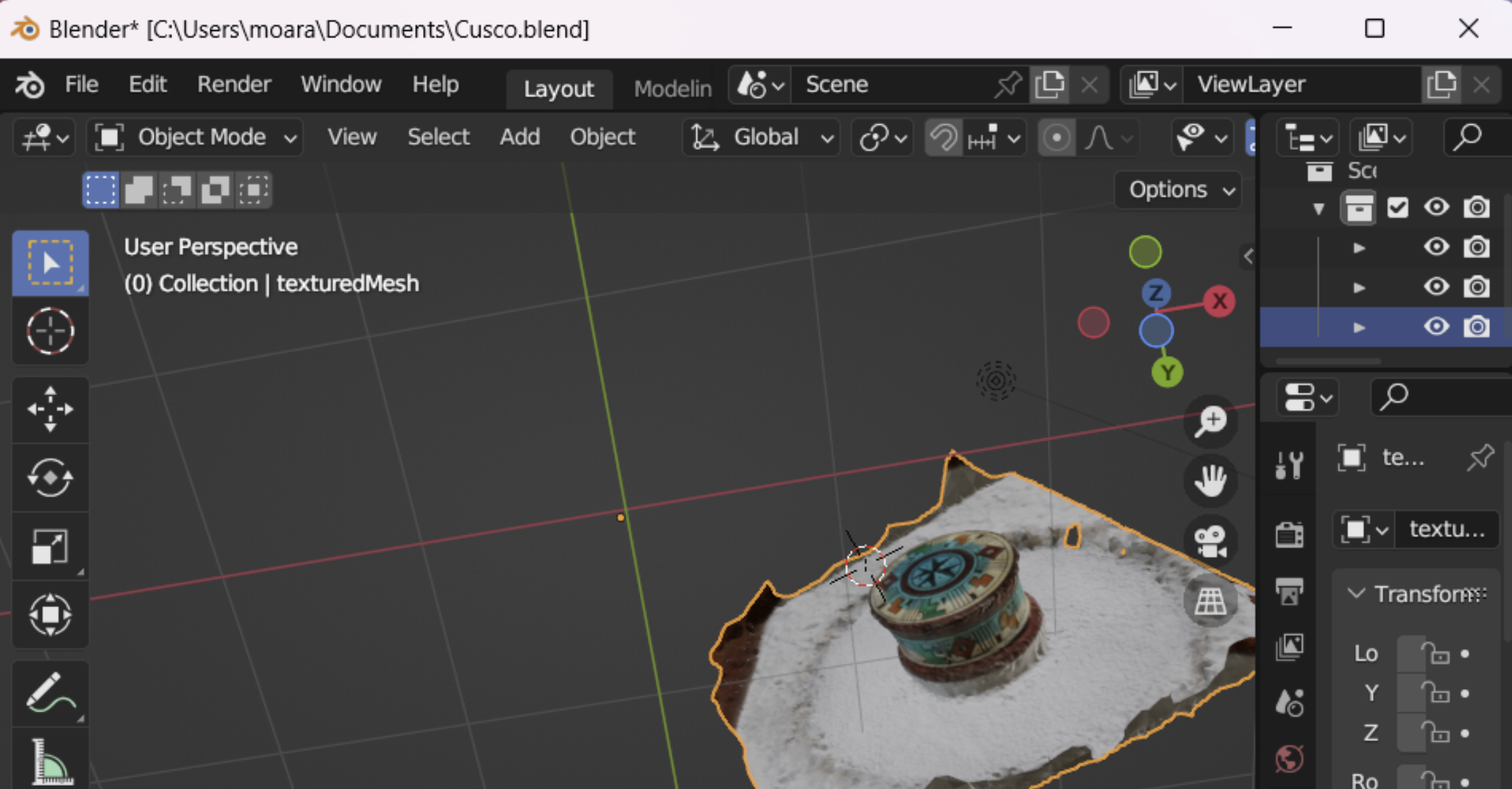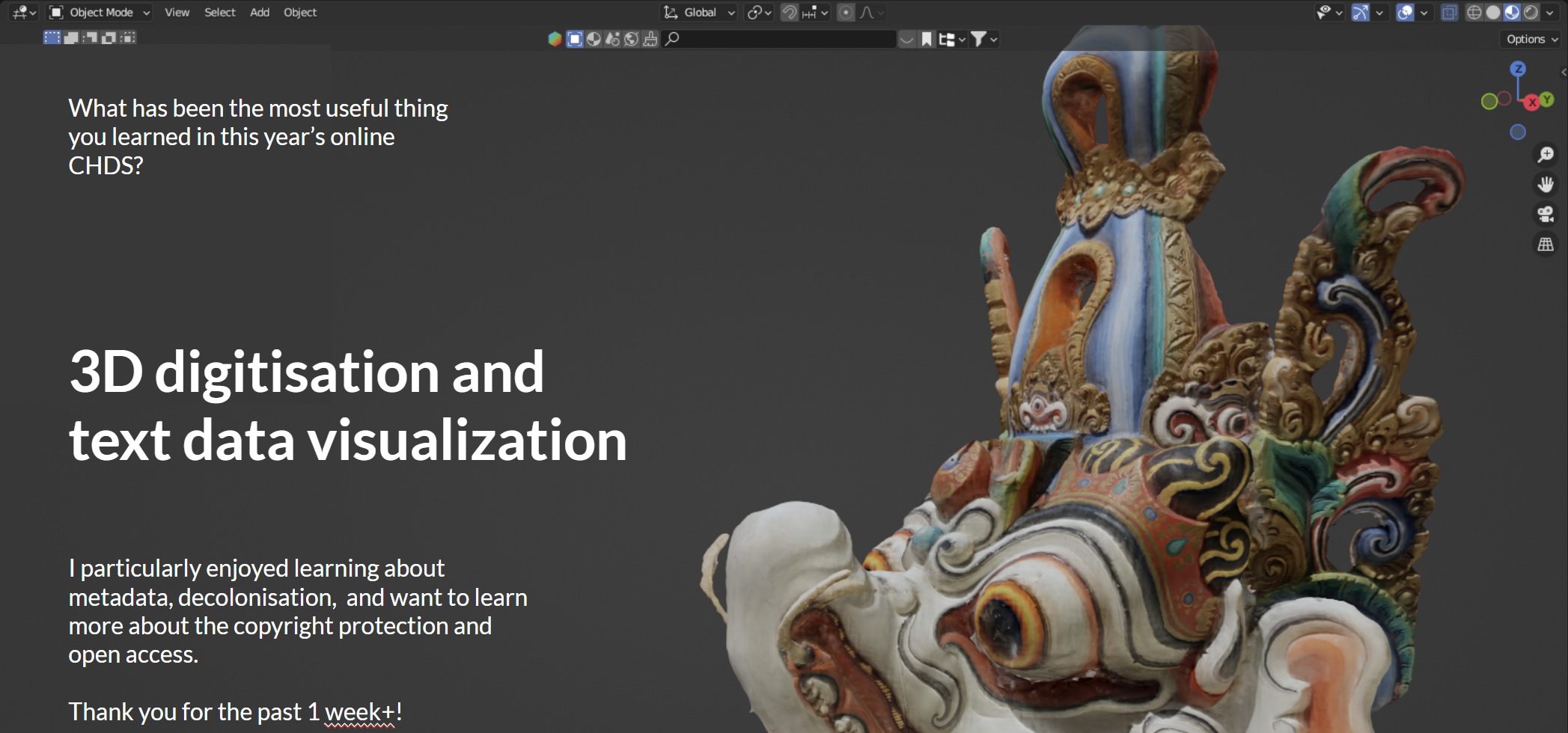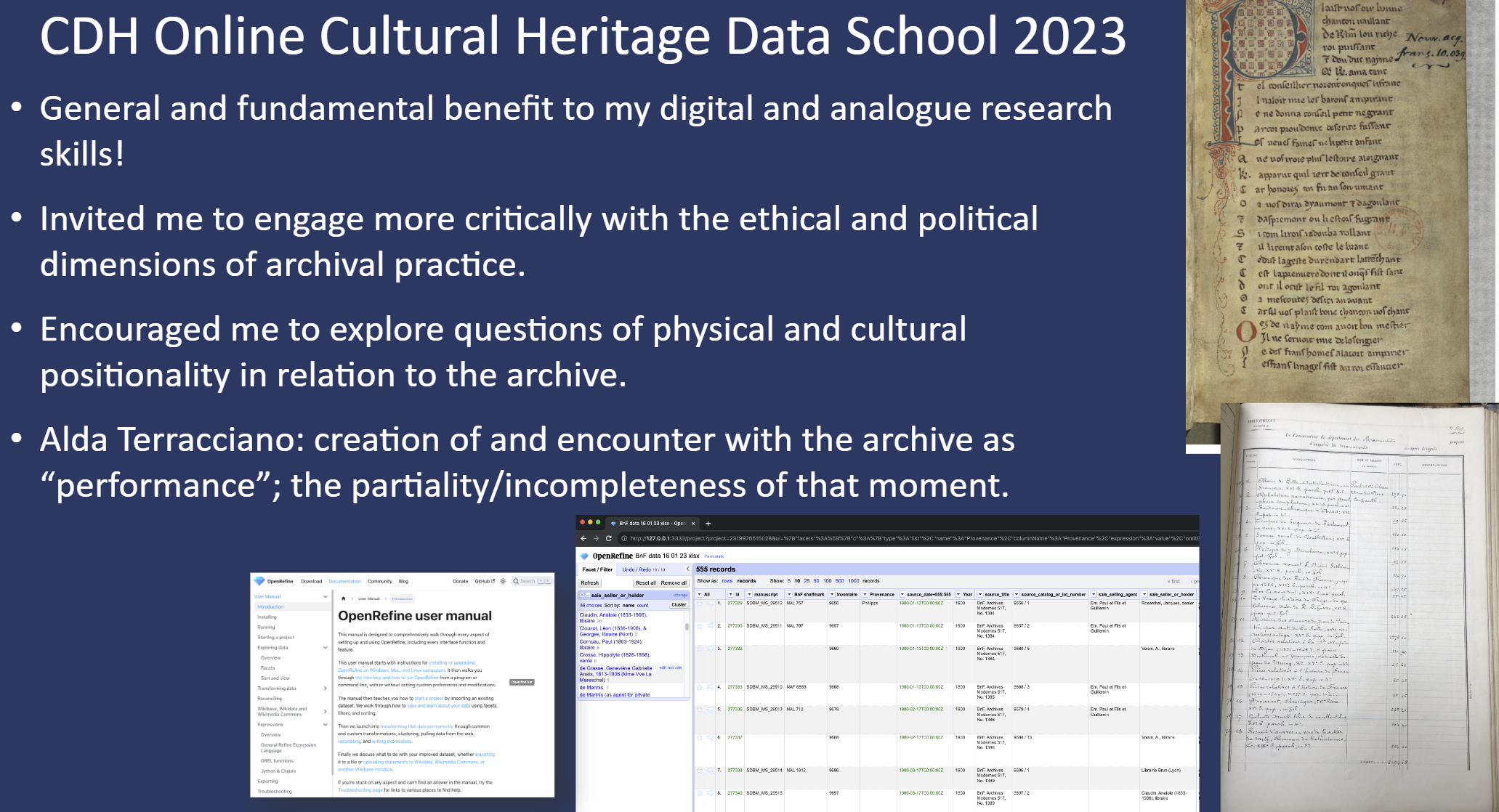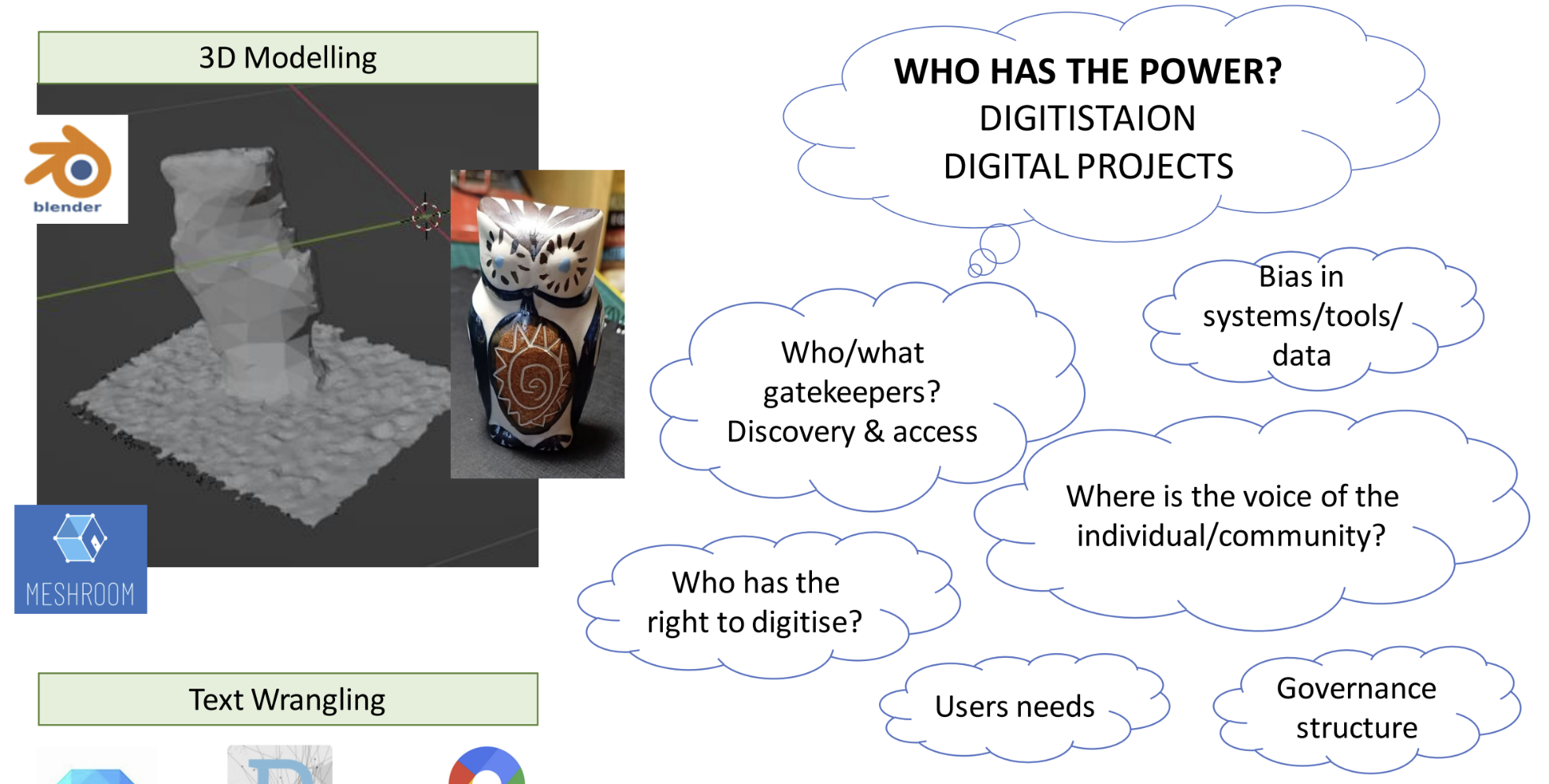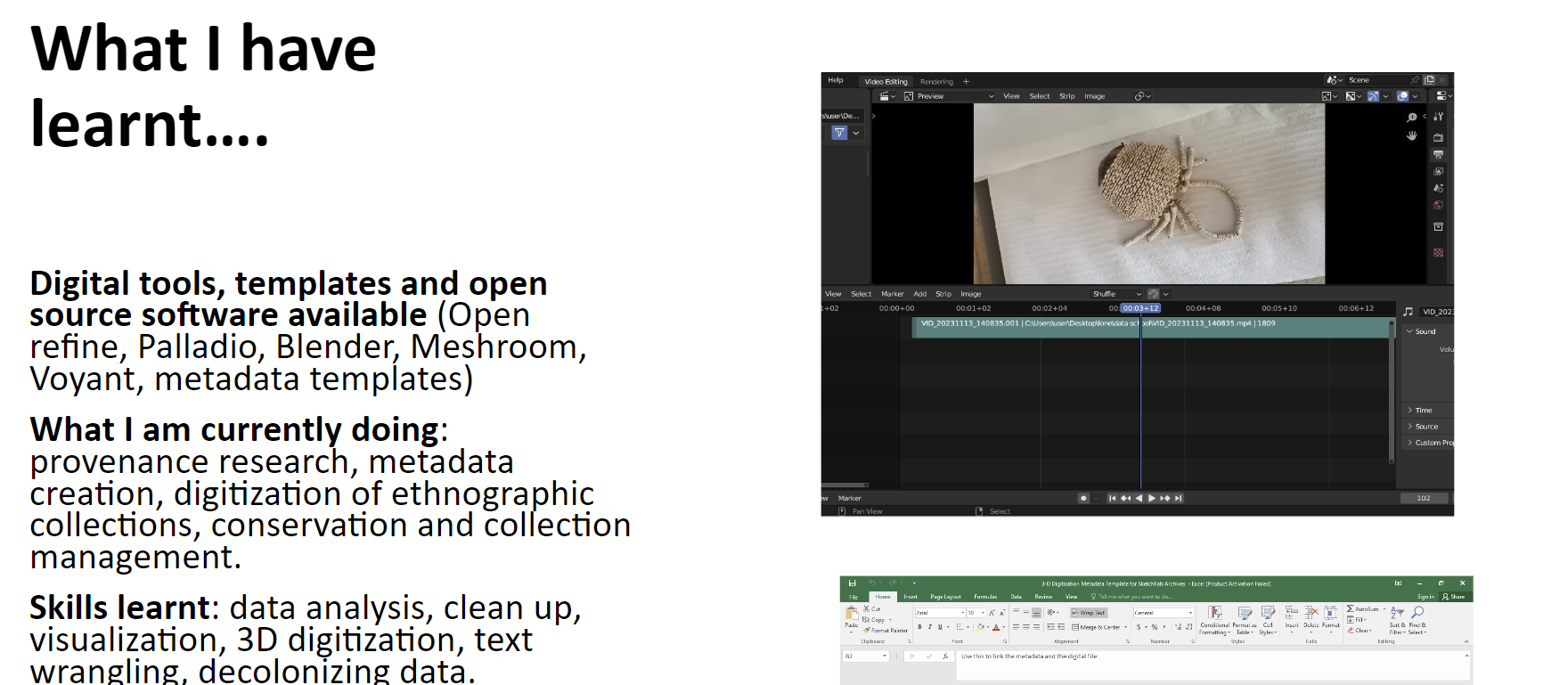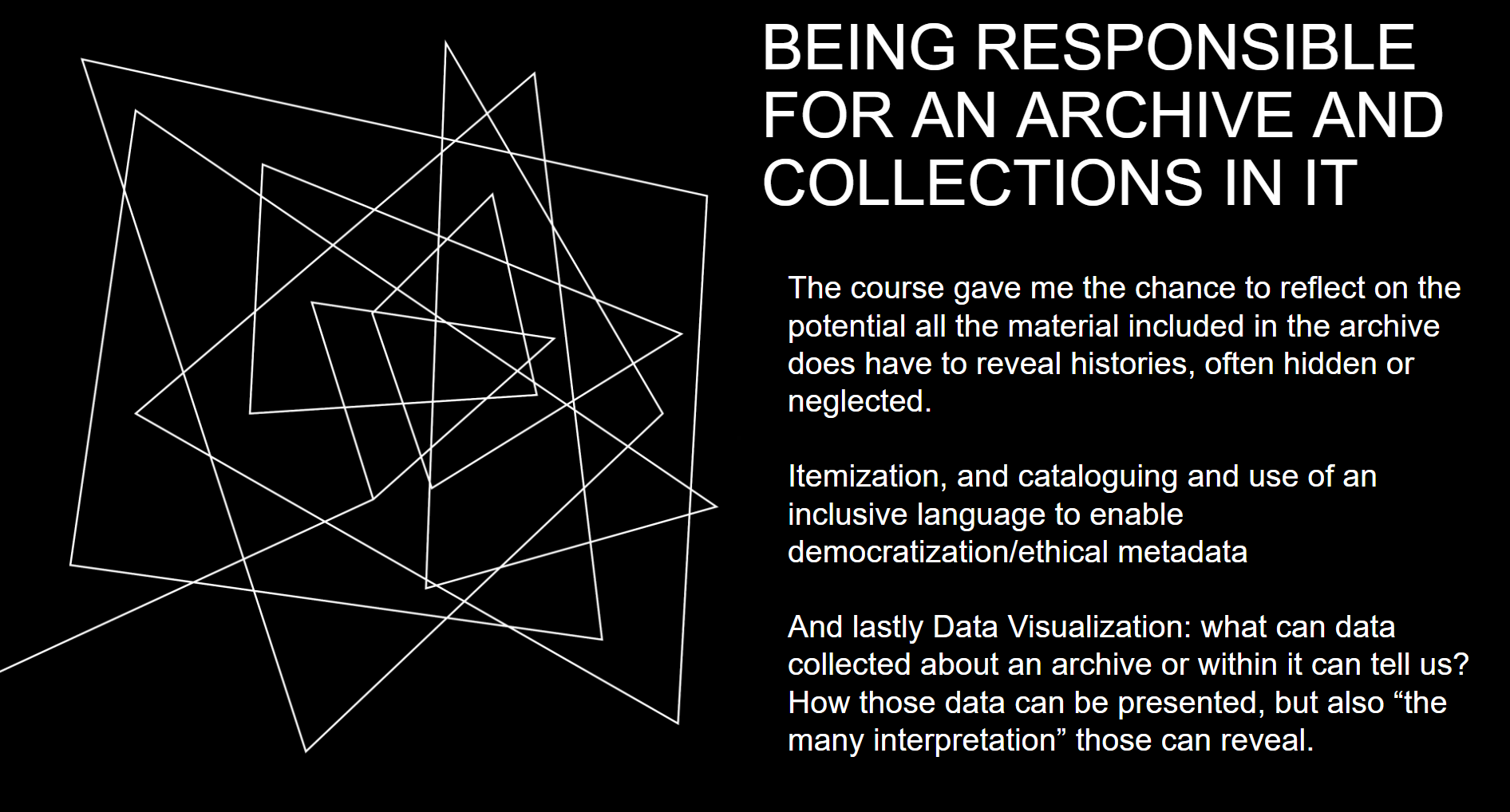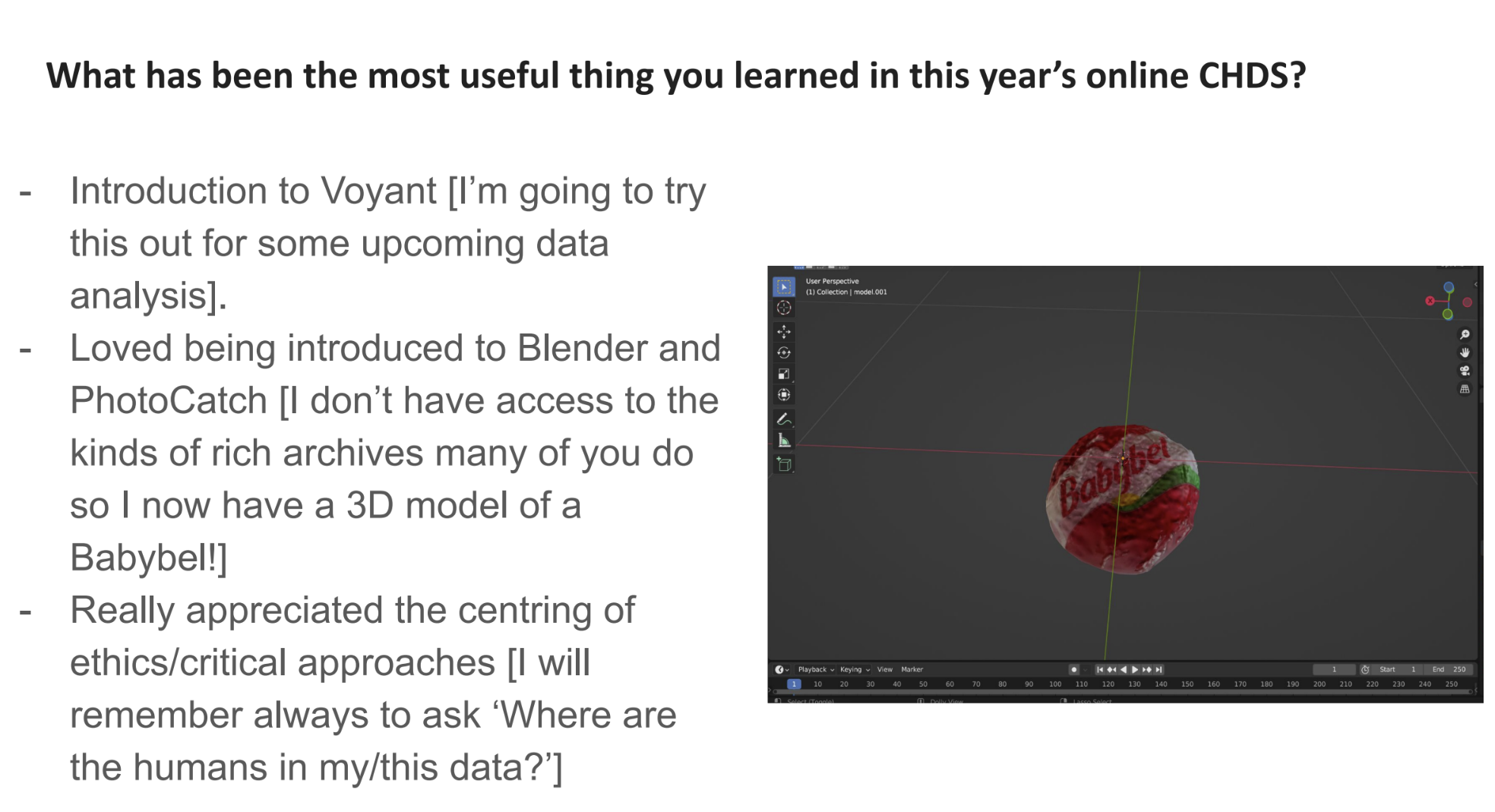Utopian Cycles
The digital play follows the perspective of three archetypes, The Maker, The Archivist, and The Viewer, through time as they interact with the William Gladstone Plate, the object in question. The object, which was entrusted to me for digitisation from a private collection, in a previous collaboration with Malik-al-Nasir and the ThinkLab project, belonged to the Sandbach Tinne Family; a conglomerate that employed indentured labour amongst their plantations across Guyana and South Asia. The persistence and subversion of dominant colonial history through privileged access to archival possibilities is narrativised through an assemblage of the object within time as it interacts with the agents. Rooted in Saidiya Hartman's theory of critical fabulation, the interplay of the generic actors serves as a refashioning of disfigured ancestry and lineage, forming a collective identity. This way of telling stories, through reimagined digitised materials, aims to awaken alternative histories, and show how archive's hidden inheritances open different possibilities for practice.
The play was part of an online public event convened by members of the (Anti) Colonial Archives Working Group at the Cambridge Cultural Heritage Data School. As members, my collaborators and I were invited as workshop organisers. I was further responsible as a keynote speaker, and as a researcher teaching my pioneering work on 3D Digitisation accessibility and Heritage Preservation, to the participants of the Data School.
The global majority have often faced historical erasure of their cultural heritage due to inaccess and privatisation of materials and means. I devised the event to portray the cyclical nature of archival research and identity-construction, in which invited speakers spoke to past, present and future, particularly through the role of imagination and non-knowledge in constrast to authoritarian, epistemological frameworks. It is often the case that data sovereignty is unafforded to subaltern peoples whose dynamic identities are re-appropriated in cyberspace, whilst we ourselves are means-restricted to preserve, analyse, and memorialise our ancestry. Invited speakers presented initiatives that are currently combatting this erasure and showcased projects that are actively working to preserve this heritage. We discussed how people in the past and present have protected the histories of Black and Asian communities by using digital methods, such as turning old video tapes of performances into digital copies and scanning objects to protect the culture of communities at risk of disappearing.
It is integral to consider who is and isn't allowed access at each step of archiving, digitisation, metadata creation, etc. To interpolate such stakeholdership post-custodial archival theory was invoked throughout the workshop. This anticolonial and anti-racist archiving and metadata approach echoes what Kenyan scholar and writer, Ngũgĩ wa Thiong’o’s calls decolonization of the mind through the lens of language. Viewing metadata as contributing to language formation allows for archivists, record creators, and users to frame “language as culture…[as] the collective memory bank of a people’s experience in history”. This also mirrors similar calls by Indigenous scholars and communities around the work of Indigenous Data Sovereignty.
The full event can be watched in its entirety here.
